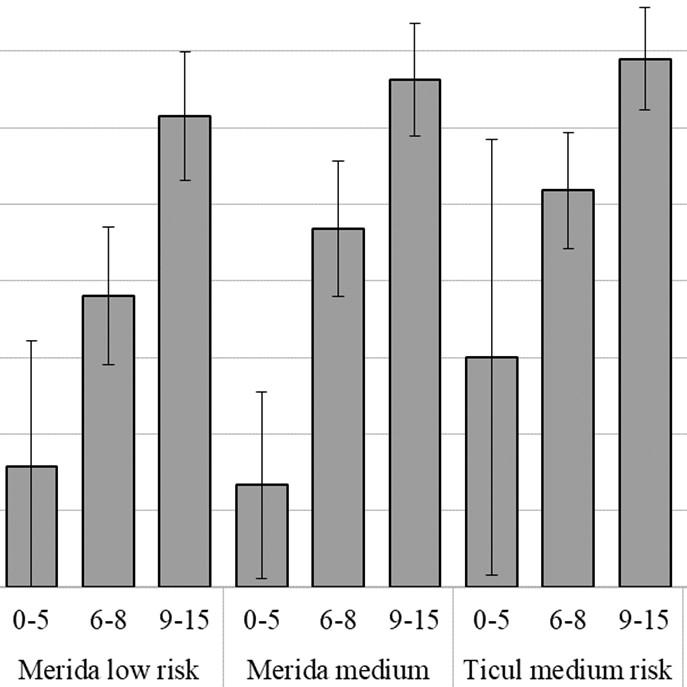Norma Pavía-Ruz, Gloria Abigail Barrera-Fuentes, Salha Villanueva-Jorge, Azael Che-Mendoza, Julio César Campuzano-Rincón, Pablo Manrique-Saide, Diana Patricia Rojas, Gonzalo M. Vazquez-Prokopec, M. Elizabeth Halloran, Ira M. Longini, Héctor Gómez-Dantés
PLoS Neglected Tropical Diseases
November 21, 2018
ABSTRACT
Dengue is a major public health problem in Latin America. Its transmission is highly heterogeneous, and its burden varies by geographic region, age group affected, serotype and other factors. While surveillance of dengue in the region has improved, several limitations remain, including under detection, misdiagnosis and the complexity of controlling a vector that has adapted to human dwellings in tropical and subtropical urban contexts. Prospective studies have become crucial to understand the transmission of dengue in urban environments and assess the impact of control strategies, such as the introduction of a dengue vaccine or additional vector control interventions. Our findings provide epidemiological data regarding the serological profile and risk factors for dengue infections in a cohort of children 0 to 15 years old in an endemic state in Mexico and confirmed the high exposure in these age groups. Likewise, enhanced and passive surveillance of cases gave us the opportunity to measure the behavior of dengue activity during chikungunya and Zika viruses’ arrival, which we believe will contribute to improve the design of surveillance and control strategies.

